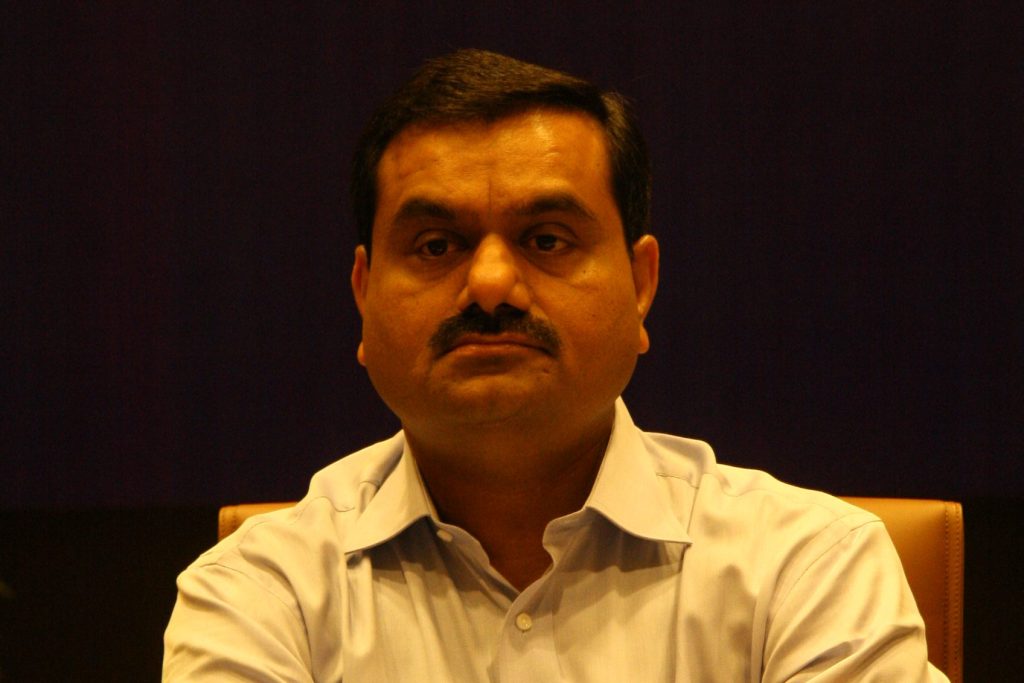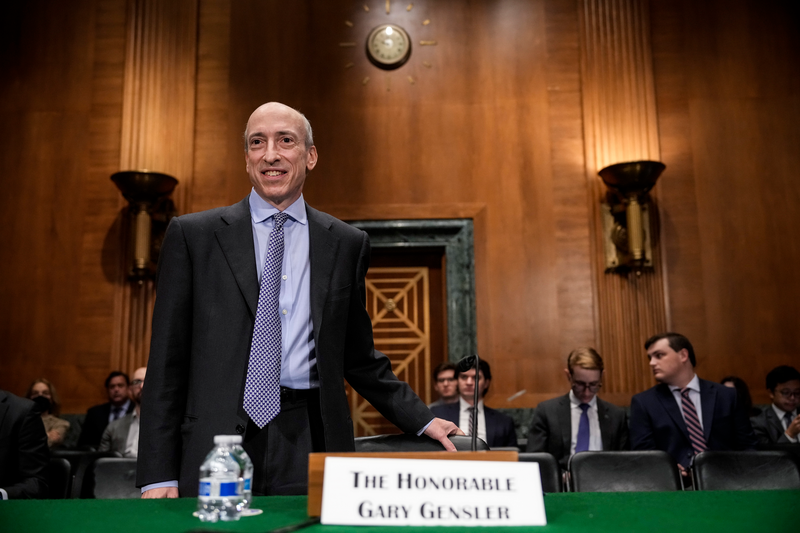The SEC has adopted amendments to Form PF, the confidential reporting form for certain SEC-registered investment advisers to private funds, including those that also are registered with the Commodity Futures Trading Commission (CFTC) as commodity pool operators or commodity trading advisers.
The amendments, which the CFTC concurrently adopted, are designed to enhance the ability of the Financial Stability Oversight Council (FSOC) to monitor and assess systemic risk and to bolster the SEC’s oversight of private fund advisers and the agency’s investor protection efforts. The SEC and CFTC also agreed to a memorandum of understanding related to the sharing of Form PF data.
“Since Form PF first was adopted, the SEC, CFTC, and FSOC have identified gaps in the information we receive from private fund advisers,” said SEC Chair Gary Gensler. “These amendments to Form PF will enhance the Commissions’ and FSOC’s understanding of the private fund industry as well as the potential systemic risk posed by the industry and its individual participants. In addition, the adoption also furthers investor protection efforts.”
Form PF disclosure expectations expanded
Among other things, the amendments to Form PF will expand the nature and number of items large hedge fund advisers report on in terms of their:
- investment exposures;
- borrowing and counterparty exposure;
- currency, country and industry exposure;
- risk metrics;
- investment performance by strategy; and
- portfolio, financing and investor liquidity.
The goal, the SEC said, is to provide better insight into the operations and strategies of these funds and their advisers and improve data quality and comparability.
“Through strained logic, we manage to transform one-off reports describing the idiosyncrasies of individual private funds into harbingers of market-wide contagion.”
SEC Commissioner Hester Peirce, dissenting
Further, the amendments will require additional basic information about advisers and the private funds they advise, including identifying information, assets under management, withdrawal and redemption rights, gross asset value and net asset value, beneficial ownership, among other things.
The amendments will also require more detailed information about the investment strategies, counterparty exposures, and trading and clearing mechanisms employed by hedge funds, while also removing duplicate questions, to provide greater insight into hedge funds’ operations and strategies, assist in identifying trends, and improve data quality and comparability, the SEC said.
Form PF – why the updates?
In response to the 2008 crisis, Congress mandated that the SEC and the CFTC adopt rules to establish reporting requirements for private funds. This reporting was to be “as necessary and appropriate in the public interest and for the protection of investors, or for the assessment of systemic risk”. Thus, the two agencies jointly adopted Form PF in 2011.
SEC Chair Gary Gensler was serving as the Chair of the CFTC at the time.
So, why add to the disclosure obligations now?
As the majority of SEC commissioners who approved the new rule on Thursday point out, private funds have evolved significantly in the 13 years since Form PF was first adopted. Further, private funds today are ever more interconnected with the broader capital markets. They have nearly have tripled in size in the last decade to approximately $26 trillion in gross assets. (This compares with the US commercial banking industry of approximately $23 trillion.)
Greater visibility into these funds is critical, they contend, especially since Form PF first was adopted, the SEC, CFTC and FSOC have identified gaps in the information they receive.
Comments from dissenters
SEC Commissioner Mark Uyeda said: “These form amendments also appear to exceed the authority granted to the Commission by Congress. The Investment Advisers Act of 1940 – as amended by Title IV of the Dodd-Frank Act – authorizes the Commission to require private fund advisers to file reports only if ‘necessary and appropriate in the public interest and for the protection of investors, or for the assessment of systemic risk by [FSOC]’.”
And Commissioner Hester Peirce said: “Form PF has not-so-subtly morphed into an all-purpose means to gather information from the private market under the seemingly limitless rubric of systemic risk. Through strained logic, we manage to transform one-off reports describing the idiosyncrasies of individual private funds into harbingers of market-wide contagion”.
Mark Uyeda and CFTC Commissioner Caroline Pham co-authored a dissent that addressed the memorandum of understanding (MOU) between the two agencies, under which the SEC will grant the CFTC unrestricted access to the data submitted by Form PF filers. They said the MOU contains a number of deficiencies, including that “broader distribution of all Form PF data increases its vulnerability to cybersecurity threats, and the MOU’s provisions for handling of confidential Form PF data are inadequate, given the sensitivity of that information”.
Private funds 2023
Yesterday’s adoption of greater disclosure requirements was the third step the SEC has taken recently to update the reporting obligations of this sector of the capital markets.
Last year, the agency adopted requirements for certain advisers to hedge funds and private equity funds to provide current reporting of key events and enhanced the reporting requirements for large private equity fund advisers. The first phase of the implementation went into place in December.
Separately, the SEC also finalized amendments to Form PF for large liquidity fund advisers to align their reporting requirements with those of money market funds.













